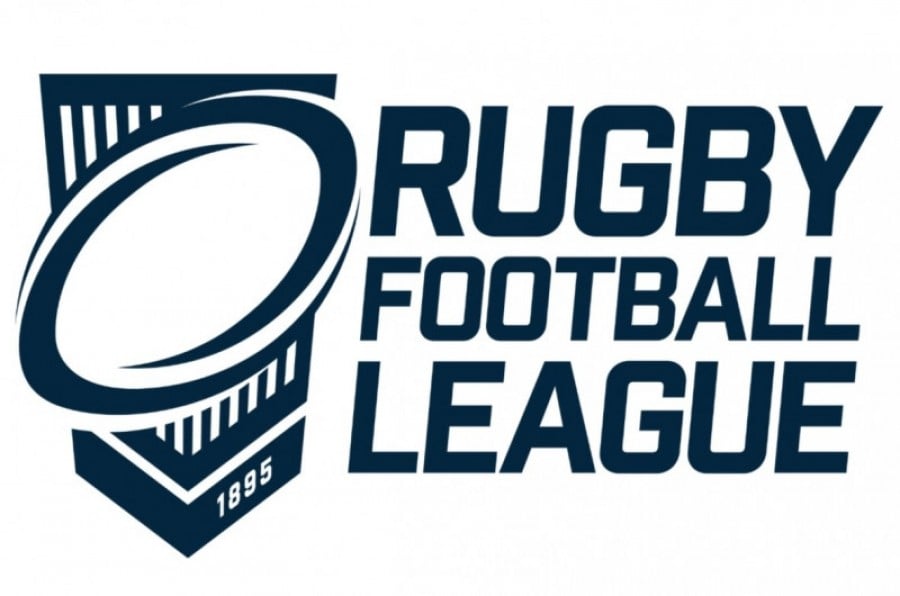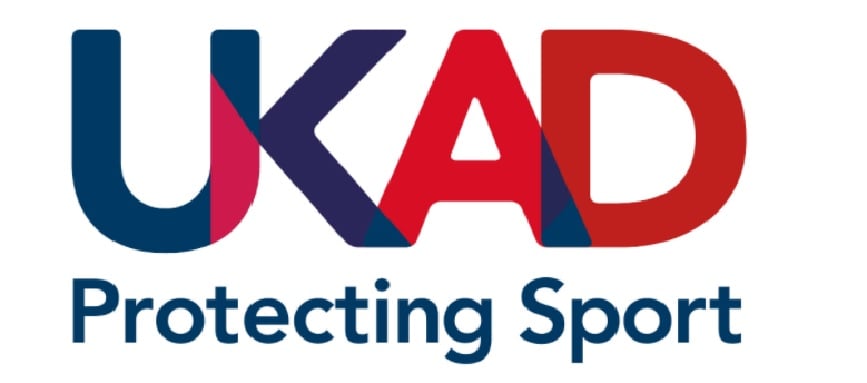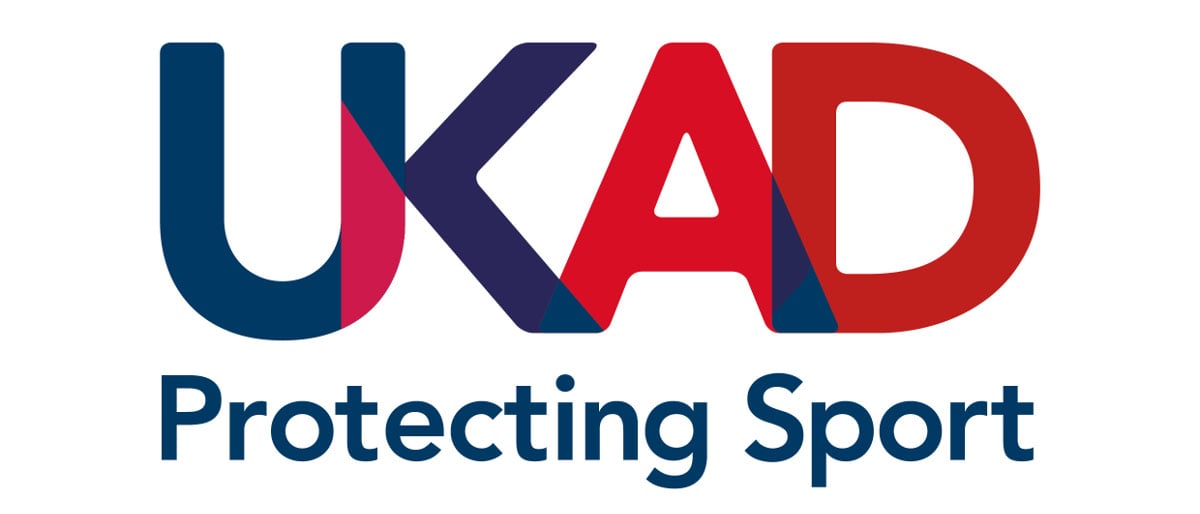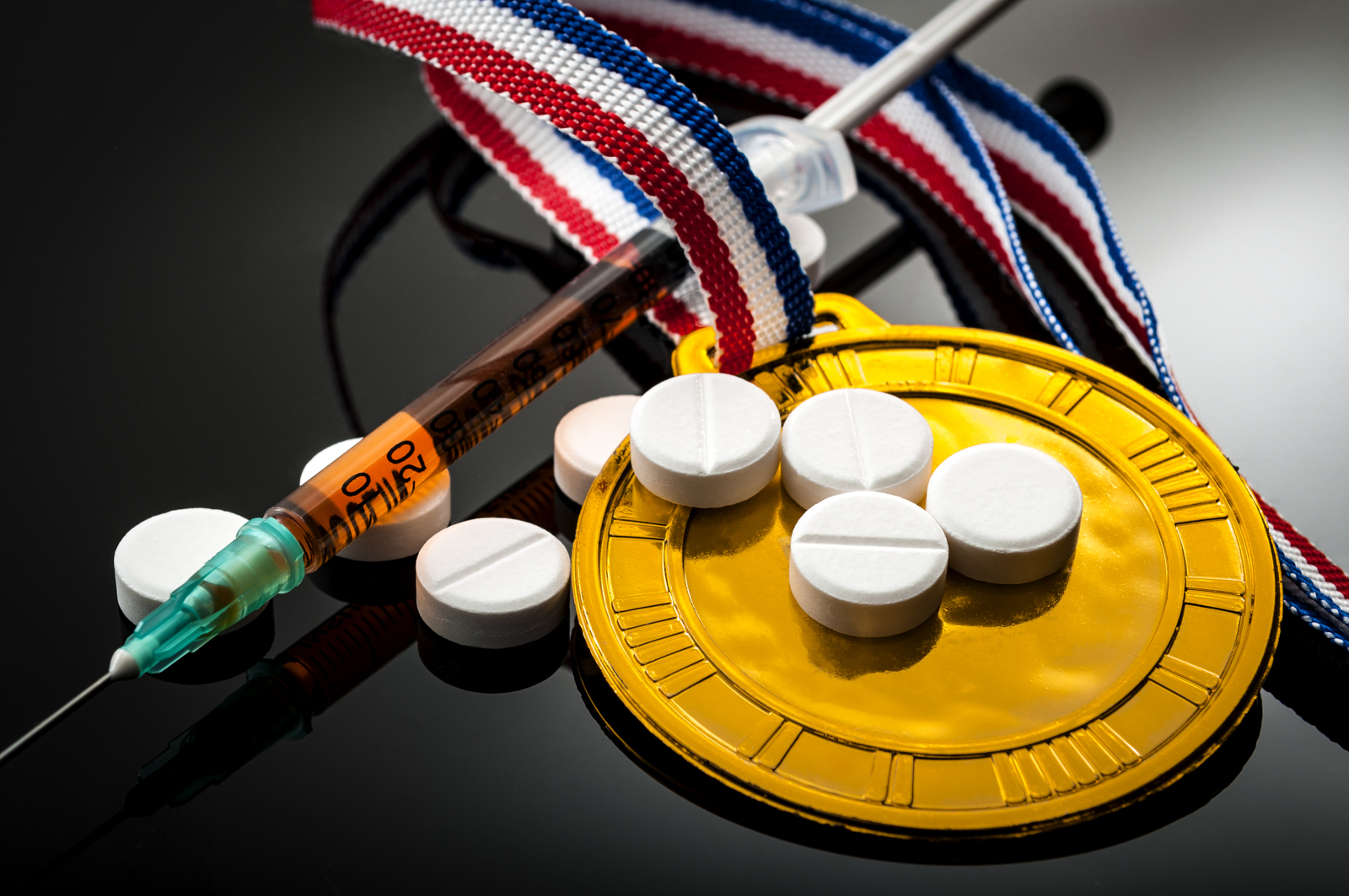Rugby League player Tom Curwen, of Workington Town, has been banned from sport for a period of 18 months following Anti-Doping Rule Violations (ADRVs) for the Presence and Use of a Prohibited substance.
Mr Curwen’s Sample tested positive for amphetamine, following an In-Competition test. Amphetamine is a non-Specified stimulant and is prohibited In-Competition only.
UKAD notified Mr Curwen that he may have committed ADRVs for the Presence and Use of a Prohibited Substance and provisionally suspended him. In his response, Mr Curwen provided evidence to support his explanation showing he suffered from attention deficit hyperactivity disorder (ADHD) and used medication that contained amphetamine to treat his condition.
As an Athlete within the National Therapeutic Use Exemption (TUE) Pool for their sport, Mr Curwen was required to apply for a TUE in advance of taking amphetamine. However, at the time of Sample collection Mr Curwen did not possess a TUE. The Athlete applied retroactively for one, but the application was denied by the UKAD TUE Fairness Review Panel. UKAD therefore charged Mr Curwen with the ADRVs on 28 July 2023.
Mr Curwen admitted the ADRVs but submitted that he bore No Significant Fault or Negligence. Following the exchange of evidence and submissions, the matter was heard before a National Anti-Doping Panel (NADP) tribunal. The NADP tribunal concluded that, while Mr Curwen’s ADRVs were not ‘intentional’, he was at Fault and acted negligently in circumstances where he failed to take steps to investigate whether his medication included a Prohibited Substance or to obtain a TUE prior to taking it. The NADP tribunal therefore imposed an 18-month ban from sport.
Mr Curwen is entitled to credit for the time he spent provisionally suspended, so his ban is deemed to have commenced on 6 April 2023 and will end on 5 October 2024.
UK Anti-Doping (UKAD) has today confirmed that Rugby League player Harry Aaronson received a one-month ban from all sport following an Anti-Doping Rule Violation (ADRV) for the presence of a Prohibited Substance in his urine Sample. At the time of this announcement, the ban has been served and the player is free to resume participation in sport.
On 21 May 2023, UKAD collected an In-Competition urine Sample from Mr Aaronson at a Betfred League 1 game between Rochdale Hornets and Cornwall RLFC. Analysis of this Sample returned an Adverse Analytical Finding (AAF) for cocaine and its Metabolite benzoylecgonine.
Cocaine is listed under section S6A of the World Anti-Doping Agency (WADA) 2023 Prohibited List as a stimulant. It is a non-Specified Substance that is prohibited In-Competition only and known as a ‘Substance of Abuse’.
The UK Anti-Doping Rules (ADR), which implement the 2021 World Anti-Doping Code for sports in the UK, set out specific rules on how ADRVs relating to Substances of Abuse should be managed. Shorter bans of three months are available for such substances when found In-Competition if their ingestion takes place Out-of-Competition and in a context unrelated to sport performance. A further reduction in the length of ban, down to one-month, is available if an Athlete satisfactorily completes a Substance of Abuse treatment programme approved by UKAD.
On 3 July 2023, UKAD notified Mr Aaronson that he may have committed ADRVs in violation of the ADR. Mr Aaronson was also provisionally suspended from this date.
On 7 and 14 July 2023, Mr Aaronson responded to UKAD’s notice letter, admitting that he had taken cocaine recreationally in a social setting during the Out-of-Competition period. UKAD instructed a scientific expert to examine whether the concentration of cocaine and its Metabolite benzoylecgonine detected in Mr Aaronson’s Sample was consistent with the explanation he provided. The scientific expert’s opinion was that Mr Aaronson’s explanation was plausible.
UKAD charged Mr Aaronson on 1 September 2023 with the commission of an ADRV under ADR Article 2.1 (presence of a Prohibited Substance or its Metabolites or Markers in an Athlete’s Sample). On 4 September 2023, Mr Aaronson accepted the charge and informed UKAD that he had completed a Substance of Abuse treatment programme, and shared the treatment programme report with UKAD. UKAD reviewed the contents of the report and in accordance with its own policy ‘Substances of Abuse: Policy for determining approved treatment programmes’ was able to grant a reduced period of Ineligibility of one month.
Mr Aaronson has been afforded credit for the time he has spent provisionally suspended (since 3 July 2023). Mr Aaronson’s period of Ineligibility is therefore deemed served and he is free to resume participation in sport.
Speaking on the case, UKAD Director of Operations, Hamish Coffey said:
“Athletes need to abide by the Anti-Doping Rules and know that using cocaine and other ‘recreational drugs’ Out-of-Competition can still result in a ban from sport.
“These drugs carry serious health risks to Athletes. The Substance of Abuse treatment programme helps Athletes recognise the dangers of substance misuse and identify where to turn to for support in the future.”
The Rugby Football League and Rugby League Cares, the sport’s independent charity which leads on player welfare, added:
“Rugby League supports UKAD in its testing programme of players at all levels of the sport, in and out of competition, and in this case specifically the recent introduction of the Substance of Abuse programme following positive tests for recreational drugs – supporting players in recognising the dangers of substance misuse, and explaining the range of options for ongoing support – which in Rugby League is led by RL Cares.”
Polish professional boxer Kamil Sokolowski has been banned from all sport for a period of three years following Anti-Doping Rule Violations (ADRVs) for the Presence and Use of a Prohibited Substance.
On 12 November 2022, UK Anti-Doping (UKAD) collected an In-Competition urine Sample from Mr Sokolowski after his fight against Frazer Clarke at the AO Arena in Manchester. Analysis of Mr Sokolowski’s Sample returned Adverse Analytical Findings (AAFs) for the exogenous origin of testosterone and its Metabolites 5α-androstane-3α, 17β-diol (‘5αAdiol’) and 5βandrostane-3α,17β-diol (‘5βAdiol’).
Testosterone is listed under section S1.1 of the World Anti-Doping Agency (WADA) 2022 Prohibited List as an anabolic androgenic steroid. It is a non-Specified substance which, when administered exogenously, is prohibited in sport at all times.
On 21 April 2023, UKAD notified Mr Sokolowski of the AAFs and issued him with a Provisional Suspension from sport.
Mr Sokolowski responded to UKAD’s Notice on 30 April 2023 indicating that he used a supplement which he believed contained the Prohibited Substances found in his Sample.
On 26 May 2023, UKAD charged Mr Sokolowski with the commission of ADRVs for the Presence and Use of Prohibited Substances. Mr Sokolowski admitted the ADRVs and accepted the asserted period of Ineligibility. In accordance with ADR Article 10.8.1, Mr Sokolowski was able to reduce the asserted four-year period of Ineligibility to three years, after admitting the violations and accepting the asserted period of Ineligibility within twenty days of the Charge Letter.
Mr Sokolowski’s ban from all WADA Code-compliant sport commenced on 21 April 2023 and will expire at midnight on 20 April 2026.
Speaking on the case, Hamish Coffey, UKAD Director of Operations said: “Strict liability applies to all athletes under the Anti-Doping Rules. It is essential that athletes take responsibility for what goes in their body. By not following the rules, athletes put their health and careers at risk and they will face a lengthy ban from sport.”
- Dr Richard Freeman violated the UK Anti-Doping Rules by (1) taking possession of an order of 30 sachets of Testogel (i.e. testosterone gel) at the National Cycling Centre in Manchester, in May 2011, and (2) lying to UKAD in respect of that order.
- By way of a decision of the independent National Anti-Doping Panel in July 2023, Dr Freeman received a four-year ban from sport.
UK Anti-Doping (UKAD) has today confirmed that former British Cycling and Team Sky doctor Richard Freeman has been banned from all sport for four years after the independent National Anti-Doping Panel found he committed the Anti-Doping Rule Violations of ‘Possession of a Prohibited Substance’ and (on two distinct occasions) ‘Tampering’.
In September 2016, UKAD commenced an investigation after receiving information that a possible Anti-Doping Rule Violation may have been committed by individuals associated with Team Sky in connection with the Critérium du Dauphiné, a professional cycling event, in June 2011. The possible violation in question concerned the alleged contents of a package (widely referred to as ‘the Jiffy bag’) that was delivered to Dr Freeman at the end of the event.
During the course of UKAD’s investigations into those matters, UKAD’s investigators uncovered that a delivery of 30 Testogel sachets had been made to British Cycling’s Headquarters, at the Manchester Velodrome in May 2011. Testogel is a prescription-only medication that contains the banned substance testosterone which, under the UK Anti-Doping Rules, is prohibited at all times. Each of the violations proved by UKAD in its proceedings before the independent National Anti-Doping Panel concern this Testogel delivery.
As part of its investigation into the Testogel, UKAD interviewed Dr Freeman in February 2017. In interview, Dr Freeman claimed to have ordered the Testogel for a ‘non-rider’ member of British Cycling staff, but said that the Testogel had been returned to the supplier for destruction. Dr Freeman failed to name the ‘non-rider’ patient who he claimed the Testogel was for, relying on patient confidentiality. He claimed that he had written to the patient asking them to waive confidentiality and they had refused to consent to matters being discussed with UKAD. UKAD, however, continued to investigate matters relating to the Testogel – including in particular Dr Freeman’s account that the order had been placed for a ‘non-rider’ member of British Cycling staff. Evidence obtained by UKAD indicated that the Testogel had not been returned to the supplier as Dr Freeman claimed. In April 2017, UKAD made a referral to the General Medical Council (GMC) in respect of UKAD’s concerns relating to Dr Freeman’s conduct and fitness to practise.
The GMC then investigated Dr Freeman and went on to commence a case before the independent Medical Practitioners Tribunal Service (MPTS) in October 2019. In March 2021, an MPTS tribunal found proven the allegation that Dr Freeman ordered testosterone, ‘knowing or believing’ it to be for an unnamed rider in May 2011 to improve their athletic performance. It was also found proven that he had lied to UKAD under investigation when claiming that the Testogel had been ordered for a ‘non-rider’ patient and had been returned to the supplier. The MPTS tribunal erased Dr Freeman from the Medical Register, a decision which was subsequently upheld by the High Court on appeal by Dr Freeman.
On 22 December 2020 (whilst the MPTS hearing was ongoing), UKAD provisionally suspended Dr Freeman and charged him with the commission of Anti-Doping Rule Violations. He was charged with an Article 2.6 violation under the 2009 UK Anti-Doping Rules for ‘Possession of a Prohibited Substance’, namely testosterone, in connection with an Athlete, Event or training. UKAD also charged Dr Freeman with two separate Article 2.5 violations under the 2015 UK Anti-Doping Rules for ‘Tampering’. The first Tampering violation concerned Dr Freeman knowingly providing UKAD with false information that the Testogel had been returned to the supplier. The second Tampering violation concerned Dr Freeman knowingly providing UKAD with false information that he had written to a non-rider member of staff requesting that they waive patient confidentiality and claiming that they had refused to do so.
An independent tribunal of the National Anti-Doping Panel convened in July 2023 to consider UKAD’s case against Dr Freeman and found all charges proven. The tribunal was comfortably satisfied that Dr Freeman had ‘intended to make available to one or more of his athletes the Prohibited Substance delivered to the Manchester Velodrome'. Whilst Dr Freeman had accepted that he had lied to UKAD about returning the Testogel to the supplier, he maintained that he had written to a non-rider member of staff requesting that they waive patient confidentiality and that they had refused to do so. The independent tribunal found that UKAD had also proved the second Tampering violation against Dr Freeman whose ‘conduct subverted Doping Control'.
The independent tribunal of the National Anti-Doping Panel sanctioned Dr Freeman with a four-year ban, effective from 22 December 2020 (the date of his provisional suspension), making him ineligible to participate in any World Anti-Doping Code-compliant sport until 21 December 2024.
Jane Rumble, UKAD’s Chief Executive added, “The decision of the independent tribunal of the National Anti-Doping Panel confirms that Richard Freeman broke the UK Anti-Doping Rules. The rules are in place to make sure everyone plays their part in keeping sport clean and to ensure a level playing field.
“The outcomes of both UKAD and the GMC’s respective investigations were vital to outing the truth in this matter. This case sends a strong message to all athlete support personnel that the rules apply equally to them, just as they do to athletes, and that they have a clear responsibility to uphold the values of integrity in sport. When they fail to do so, every effort will be taken to ensure that the rules are enforced.”
Mario Theophanous, Head of UKAD’s Intelligence and Investigations Team, who led UKAD’s investigation into Dr Freeman:
“This was a complex and comprehensive investigation to ascertain whether any wrongdoing had been committed, working with individuals who bravely came forward to give information to protect the values of their sport.
Every piece of information, no matter how small, can make the difference in a complex case like this, building enough evidence to hold to account those who choose to break the rules. I would like to place on record my thanks to all those individuals who placed their trust in UKAD and provided evidence that led to this result. I encourage anyone who has concerns around doping activity in sport, to report it to UKAD via our Protect Your Sport initiative.”
Frank Slevin, British Cycling Chair said: “We note today's verdict from the National Anti-Doping Panel and thank them for the time and consideration put into reaching their decision. Throughout this case we have reiterated our belief that it is in public interest that all matters are heard and thoroughly examined, and have made every effort to support both UK Anti-Doping and the General Medical Council in their respective investigations.
“As we have stated previously, Richard Freeman’s conduct during his employment by British Cycling bore no resemblance to the high ethical and professional standards which we, our members and our partners rightly expect.”








 Global Summit 2024
Global Summit 2024